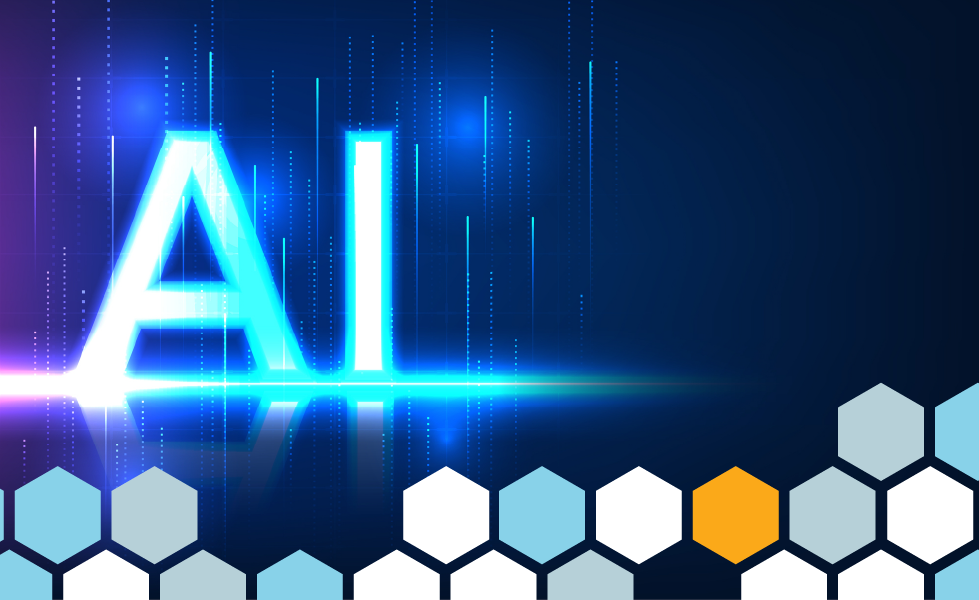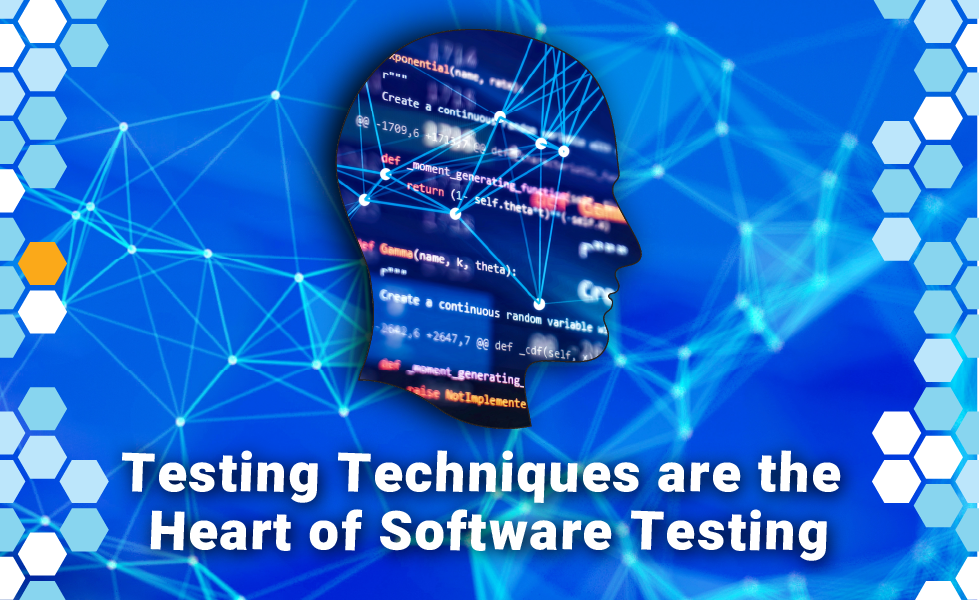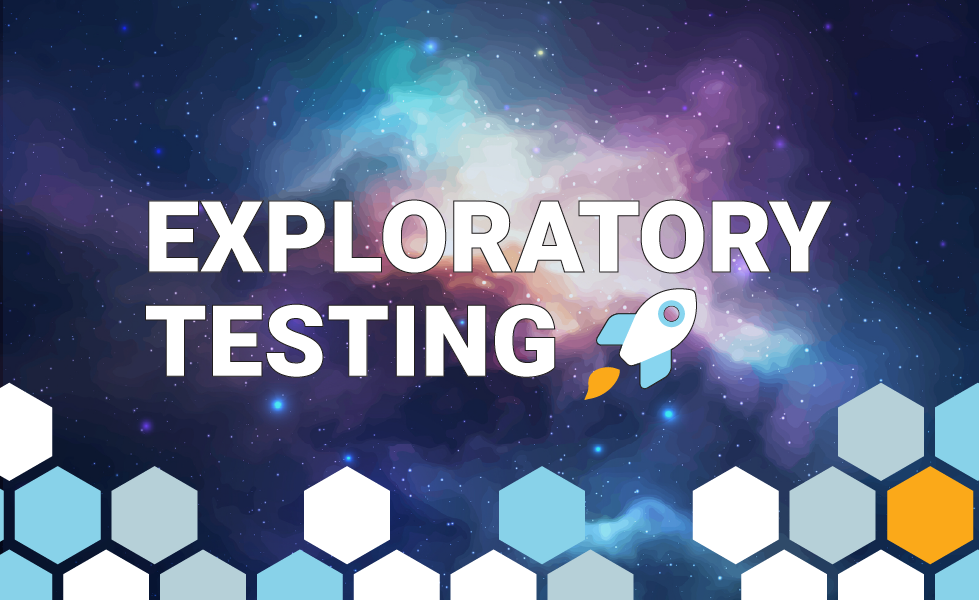Could AI testing tools make some testing roles obsolete in the future?
While AI may reduce the need for certain roles, like in test automation, the overall demand for QA positions is still expected to grow significantly.
Few changes now, but what happens in 10 years?
In my previous blog post, I discussed how current AI testing tools have the same effect as current AI code assistant tools. Specifically, the most significant benefit is for the average software developer instead of the senior developer. The AI coding assistant tools are raising the productivity of the average developer more than the senior developer.
Despite the advent of AI tools, the technology industry continues to demonstrate robust growth, a testament to its resilience. While some major companies have scaled back their technology teams, the overall industry forecast remains positive. For instance, the US Bureau of Labor Statistics anticipates a 22% increase in demand for developers by 2029. This data suggests a shift in the industry but not a general slowdown.
It makes sense to expect the same from AI testing tools. Most of those AI testing tools assist the test effort. Many of them focus on improving test automation, which is coding. Again, according to the US Bureau of Labor Statistics, QA positions are projected to grow by 25% from 2022 to 2032, much faster than the average for all occupations. There is no surprise there, as the need for testing increases with the amount of production code written.
As with any technological revolution, we overestimate the short-term impact and underestimate the long-term implications. This reaction is why you often hear about AI 'taking' jobs when, in reality, it's not happening, at least not in the technology industry. We get complacent when the predicted doom doesn't materialize. But then, like the proverbial frog in slowly boiling water, an inflection point occurs, and some roles become obsolete.
What about nine to ten years from now? Will we see a different landscape in the software testing world? Well, we have seen those changes happening in other industries. For example, if you go to supermarkets these days, you will see a lot of self-checkout stations. When I go to the supermarket early in the morning, I see one person handling requests for the self-checkout stations and an old-fashioned checkout line with two people. One is handling the price scanning, and the other is packing the groceries. Three people handle what used to be six to eight just a few years ago.
This example illustrates Schumpeter’s theory of creative destruction. The theory suggests that over time, newer technology will replace and render obsolete what we consider to be on the cutting edge technologically today. The name creative destruction is because it tends to eliminate specific jobs or categories but creates new ones. In the case of the supermarket self-checkout station, a self-checkout assistant helps customers complete their purchases. That job did not exist before. The challenge is that the new technology, the self-checkout station, eliminated at least four jobs while creating one.
Will AI cause something similar in software testing? Perhaps. Today, most testing teams include manual testers, test automation developers, and specialists like performance and security test engineers. The first job that AI can seriously affect is that of a test automation developer. The first batch of AI testing tools was to help test automation developers. Those tools focused on self-healing test automation scripts. In other words, they are helping with the execution of the scripts. As new generations emerge, we have seen a further move to codeless automation, where the focus is to eliminate the need to know how to code to create test automation scripts. While the number of test automation developers using Selenium worldwide is still in the millions, this might be a job that could significantly shrink in the coming years.
Testaify is part of the newest generation of AI autonomous testing tools. Our focus is on the overall testing process, not just test automation. Still, Testaify generates and executes test cases. In fact, we use Selenium Grid to execute our test cases. But if Testaify creates and executes its test scripts, do you need a Selenium test automation developer?
The Future of Software Testing is Coming Soon! Sorry, Selenium Developers, but things might get tough in the coming years.
About the Author
 Testaify founder and COO Rafael E. Santos is a Stevie Award winner whose decades-long career includes strategic technology and product leadership roles. Rafael's goal for Testaify is to deliver comprehensive testing through Testaify's AI-first platform, which will change testing forever. Before Testaify, Rafael held executive positions at organizations like Ultimate Software and Trimble eBuilder.
Testaify founder and COO Rafael E. Santos is a Stevie Award winner whose decades-long career includes strategic technology and product leadership roles. Rafael's goal for Testaify is to deliver comprehensive testing through Testaify's AI-first platform, which will change testing forever. Before Testaify, Rafael held executive positions at organizations like Ultimate Software and Trimble eBuilder.
Take the Next Step
Testaify is in managed roll-out. Request more information to see when you can bring Testaify into your testing process.




